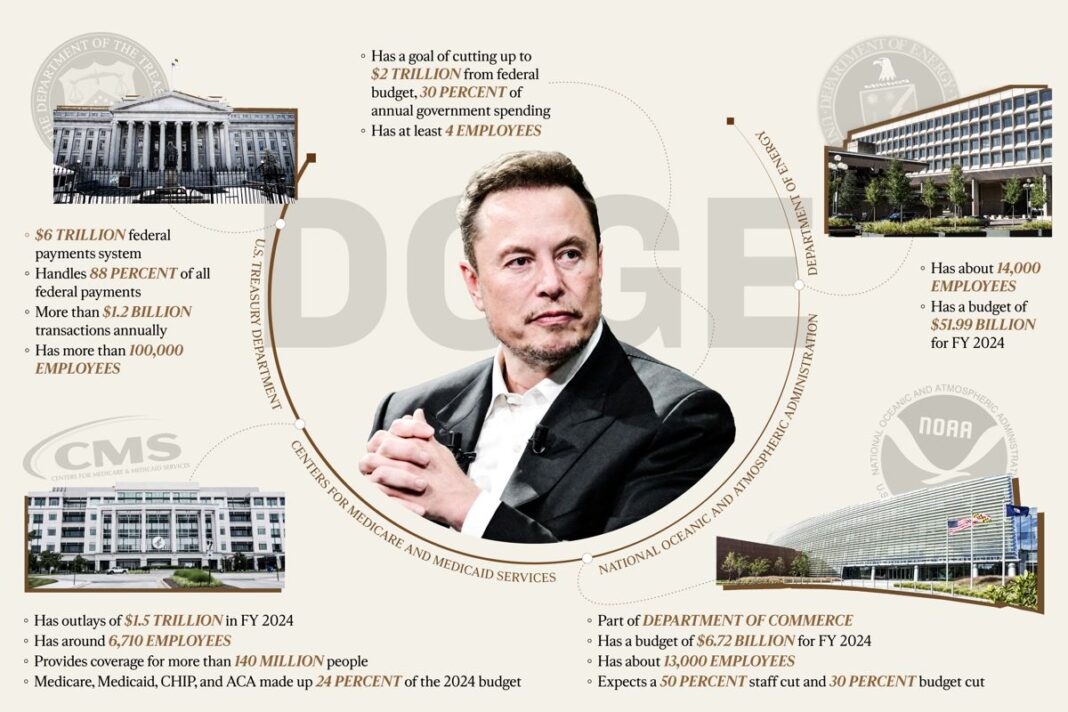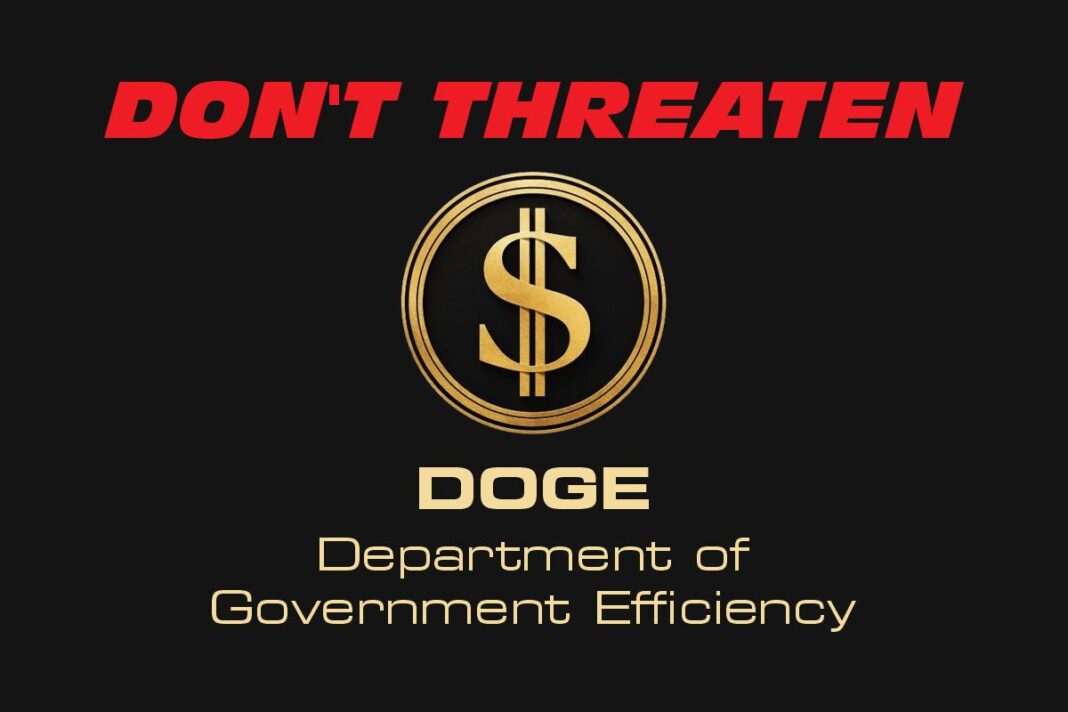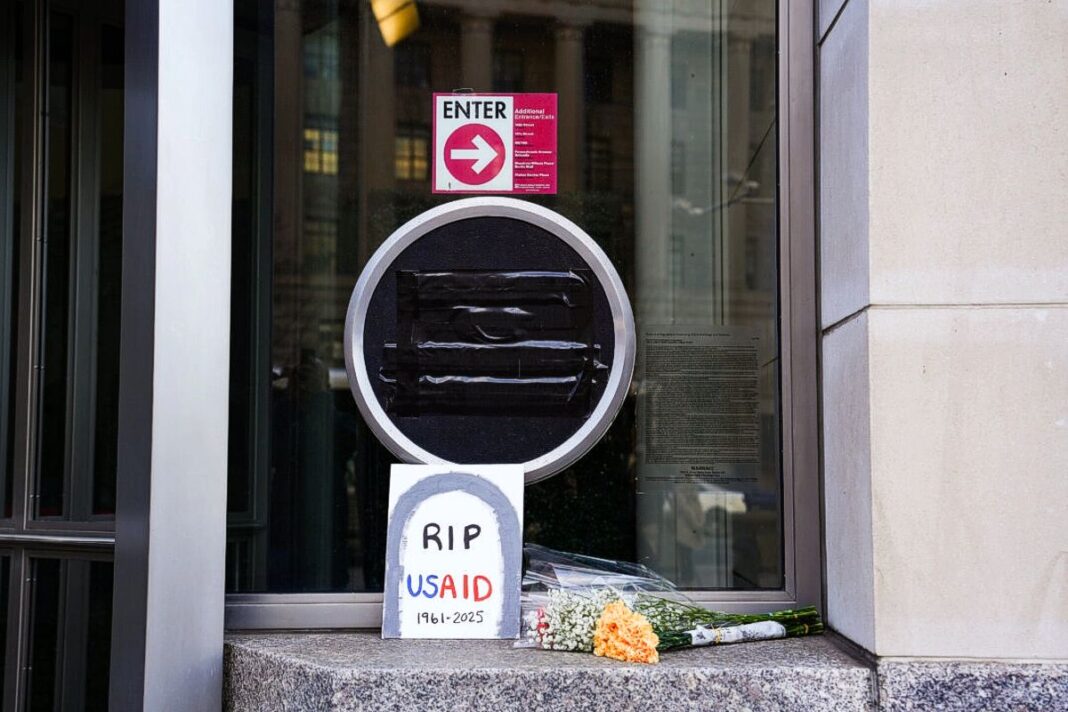Republicans have applauded DOGE’s efforts in finding government waste, while Democrats have cast the body’s actions as an abuse of power.
Elon Musk’s advisory commission, the Department of Government Efficiency (DOGE), has deployed teams within multiple federal agencies to use technology to cut costs and streamline processes.
Moving at breakneck speed within the opening weeks of the second Trump administration, Musk’s engineers and advisers have accessed information technology (IT) systems in at least three federal departments.
DOGE’s actions, which Musk says are aimed at reducing government spending and waste, have spurred a backlash from some Democratic lawmakers who describe it as a breach of congressional oversight by an unelected “special government employee.”
Rep. Dan Goldman (D-N.Y.) cited cybersecurity concerns if DOGE is connecting to federal databases with “their own unvetted commercial servers.”
This week, during a House Oversight Committee on “Reducing Waste in Government,” Rep. James Comer (R-K.Y.) defended Musk’s unprecedented role in the executive branch, saying “real innovation isn’t clean and tidy.”
President Donald Trump on Feb. 7 defended DOGE’s access to federal data systems.
“We’re going to be looking at tremendous amounts of money … being spent on things that bear no relationship to anything and have no value,” Trump said during a press conference with Japanese Prime Minister Shigeru Ishiba.
“I’m very proud of the job that this group of young people … [are] doing. They’re doing it at my insistence. It would be a lot easier not to do it, but we have to take some of these things apart to find the corruption.”
So far, the DOGE team has accessed IT systems at agencies, including the Treasury Department, the Centers for Medicare and Medicaid Services (CMS), and the National Oceanic and Atmospheric Administration (NOAA), while a coalition of labor unions has sued to block access at the U.S. Department of Labor.
The Epoch Times could not independently confirm other agencies—including the U.S. Office of Personnel Management and the U.S. Agency for International Development—where DOGE may have received access to internal systems or databases.
By Jacob Burg







